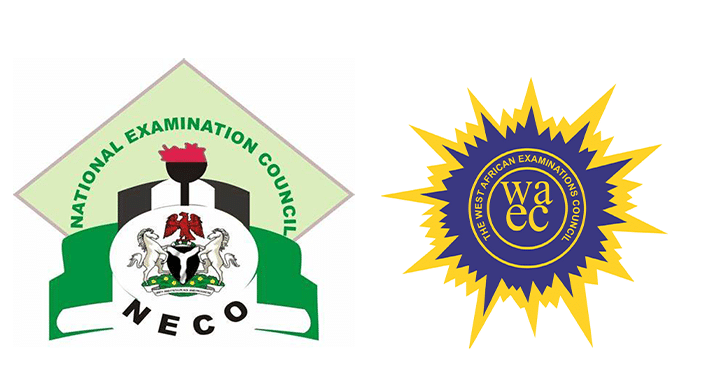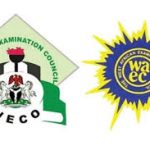In a historic shift set to modernize Nigeria’s public examination system, the Federal Ministry of Education has confirmed that both WAEC and NECO will begin administering Computer-Based Tests (CBT) for objective papers by November 2025. A full transition, including essay components, is scheduled for 2026.
The Honourable Minister of Education, Dr. Maruf Tunji Alausa, CON, made the announcement during an inspection visit to SASCON International School, Abuja, where the National Examinations Council (NECO) conducted its first-ever CBT-based Senior Secondary Certificate Examination (SSCE). Dr. Alausa hailed the pilot as “a remarkable demonstration of possibility, preparedness, and progress,” commending NECO for pioneering the digital transformation of assessments in Nigeria.
This initiative marks a transition from the traditional Paper-Pencil Test (PPT) system to a technology-driven assessment model aimed at improving transparency, reducing examination malpractice, and boosting confidence in the nation’s education system.
By 2026, all WAEC and NECO examinations, including essay components, will be fully conducted at accredited CBT centres nationwide. The Federal Government is actively working with both public and private sector partners to scale up CBT centre infrastructure and ensure equitable access for students in all parts of the country.
“It’s not just about technology, it’s about integrity,” Dr. Alausa said. He noted that the digital shift is designed to restore trust in public examinations, create new jobs in the education and ICT sectors, and encourage investment in Nigeria’s rapidly evolving digital education landscape.
Hon. Oboku Oforji, Chair of the House Committee on Basic Examination Bodies, also praised NECO for the successful CBT pilot. “NECO is our own, and under Prof. Wushishi’s leadership, it’s making us proud,” he stated.
NECO Registrar, Prof. Ibrahim Wushishi, affirmed the council’s readiness to expand the CBT model despite infrastructure challenges in some regions. He urged state governments to support the effort and ensure that candidates from all zones are not left behind in the digital migration.
Legislators, including Senator Ekong Samson, have expressed strong support for the reform, pledging continued collaboration with the Ministry to make the initiative a nationwide success.
This year’s SSCE saw 1,367,210 candidates registered. According to the Ministry, Kano recorded the highest number of registrations, while the smallest centre was hosted in Jeddah, Saudi Arabia—underscoring the global reach of Nigeria’s examination bodies.










